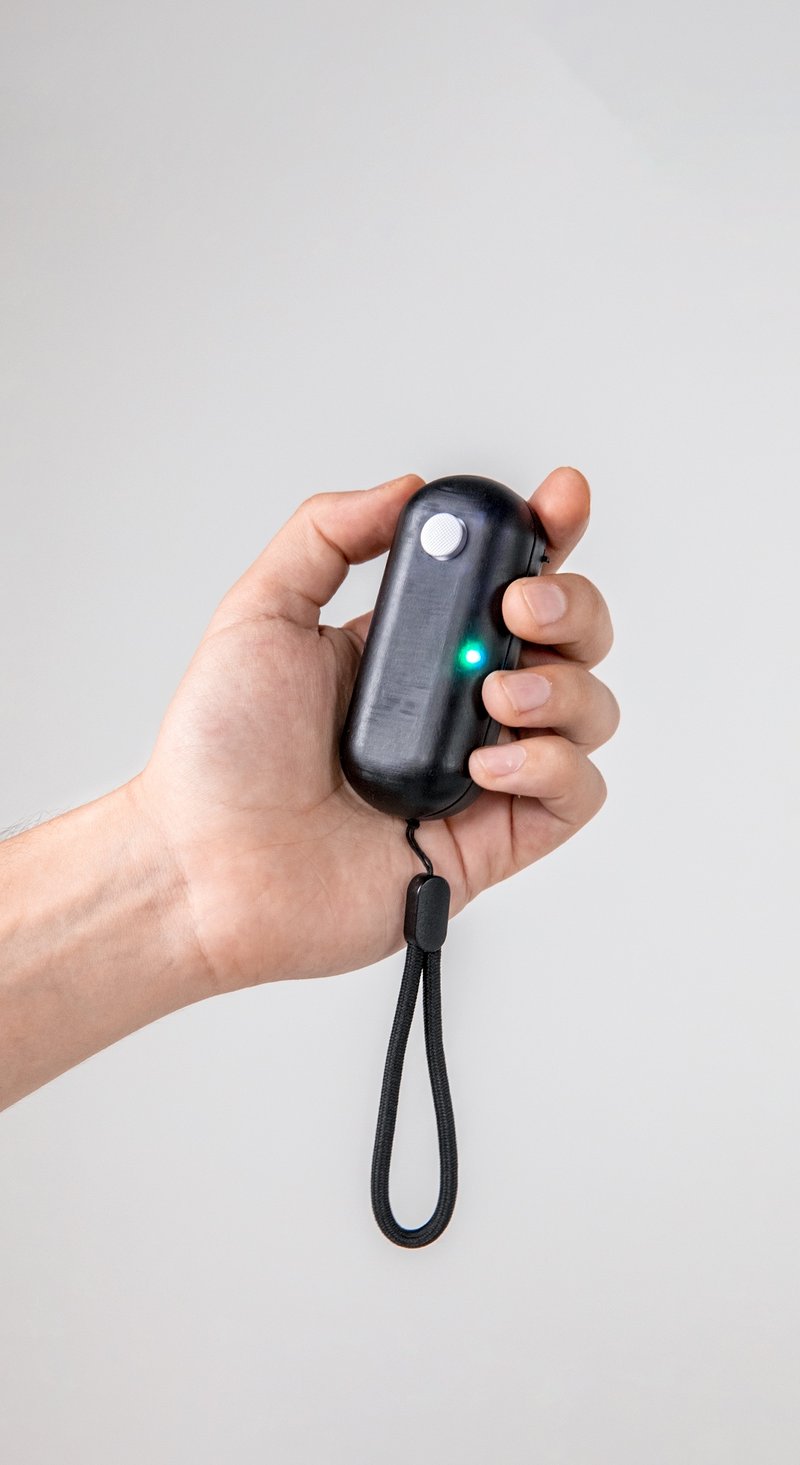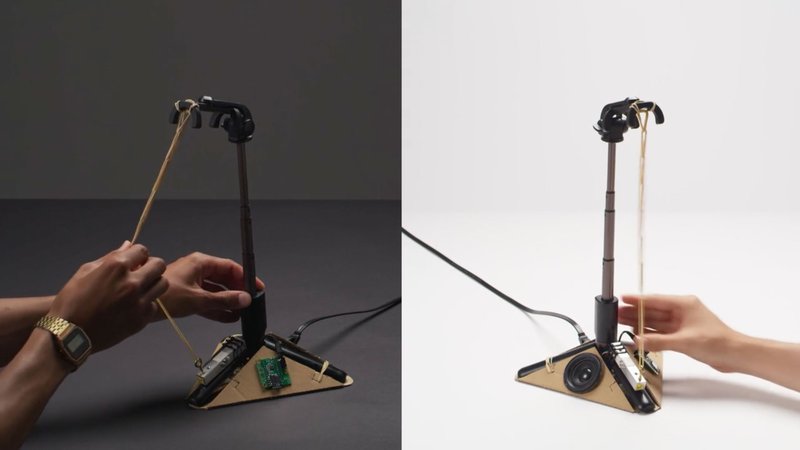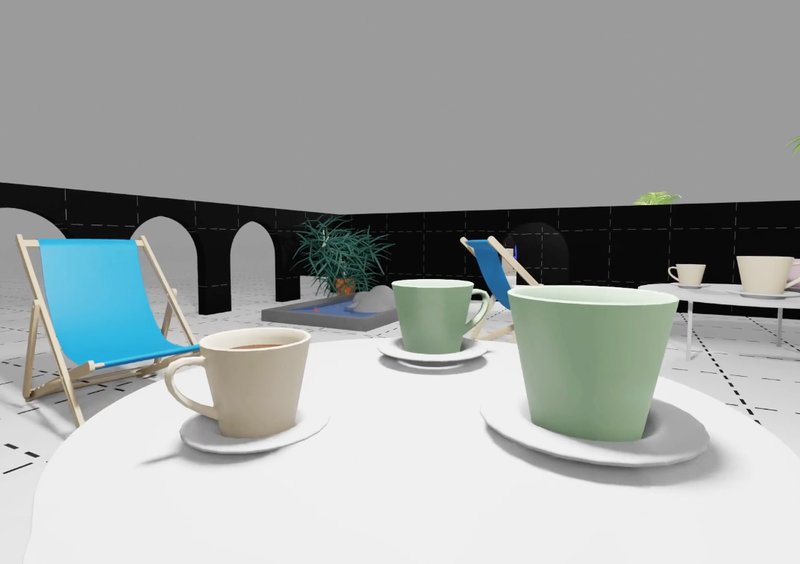Marius Aeberli – Elapse
« En accord avec la vision subjective de l'utilisateur, ELAPSE offre une extension visuelle aussi subjective et adaptée à chaque représentation personnelle du temps.
L'informatique et le traitement de l'information ont toujours eu la prétention d'être précis et exhaustifs avec une tendance à privilégier la standardisation. Jusqu'à présent, cette logique absolue a comblé la subjectivité et les imperfections cognitives des utilisateurs. Aujourd'hui, un seul utilisateur interagit avec l'univers numérique des dizaines de milliers de fois par jour et, dans son évolution, ce même univers tend à s'inspirer de nos propres comportements. Néanmoins, les interfaces restent à l'image de leurs hôtes : froides, précises et standardisées ou inspirées des codes graphiques obsolètes auxquels elles sont habituées.
Intitulé ELAPSE, mon projet propose une approche graphique différente du design d'interface. A travers un principe de calendrier/calendrier, symbole de l'informatique appliquée, l'interface graphique peut être entièrement modélisée par l'utilisateur en fonction de sa conception du temps. Cette approche cognitive permet aux utilisateurs de laisser le superflu et de contourner le pouvoir de la précision. Ainsi, les semaines et les jours peuvent être déroulés dans des directions différentes et les jours de la semaine ainsi que les heures peuvent avoir une durée visuelle différente. Dans la même pers- pective, certains jours peuvent être préférés à d'autres et certains rendez-vous peuvent être indiqués comme plus agréables que d'autres. ELAPSE recommande également le moment le plus approprié pour un rendez-vous particulier et permet à l'utilisateur de créer une liste de choses à faire en fonction du lieu où il se trouve et, par conséquent, d'éviter un surmenage inutile. Naturellement, cette application ne s'adresse pas nécessairement aux utilisateurs désireux d'être organisés de manière forte et précise, mais plutôt à ceux qui doivent faire un effort lorsqu'ils utilisent un calendrier, malgré l'expérience des années et du temps. »
Marius Aeberli
Diploma project
(2011)
by
Marius Aeberli
- Know-how
-
UX/UI,
Tools





